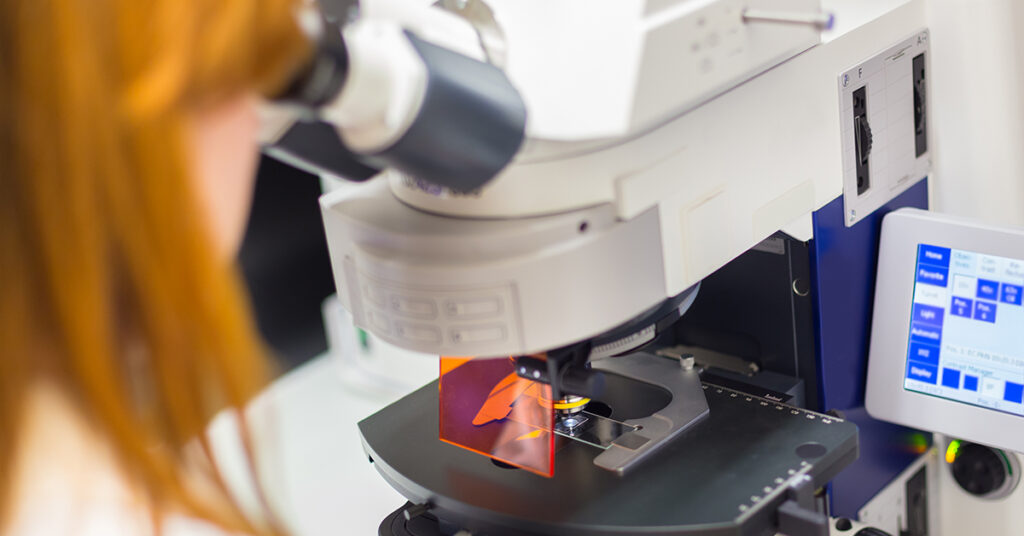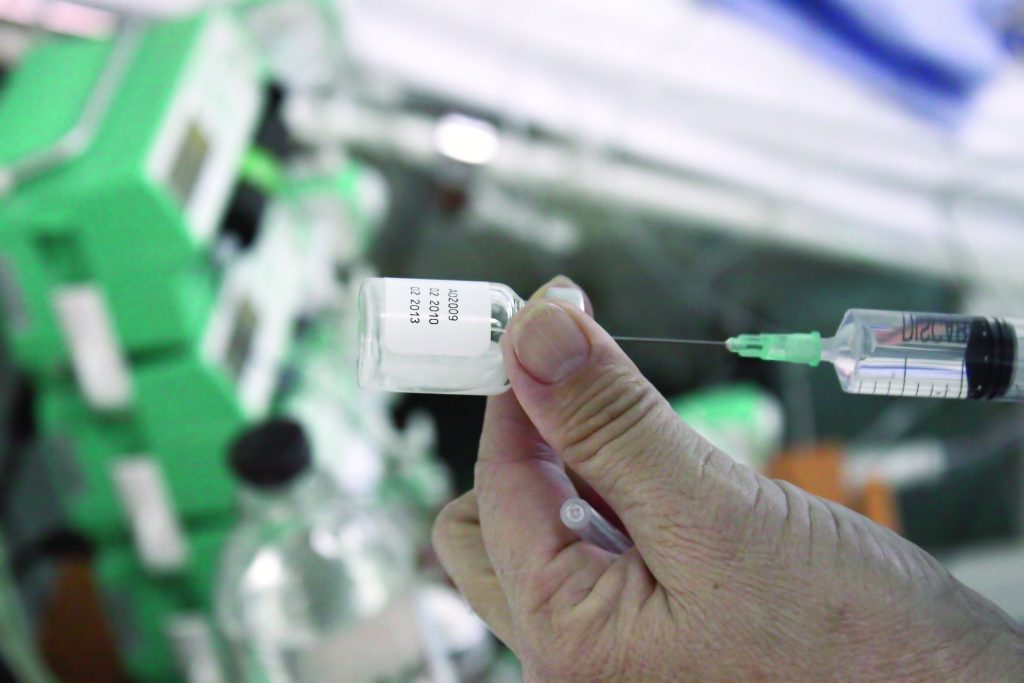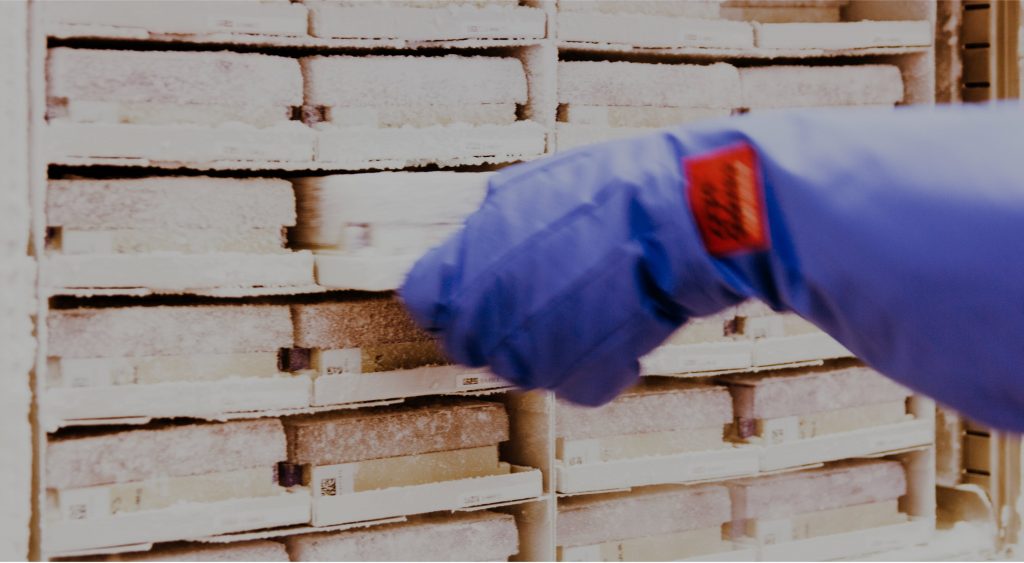News
Artificial intelligence in oncology: European REVERT project kicks off
IBBL is pleased to announce the launch of REVERT, a new Horizon 2020 project aiming to leverage on artificial intelligence to identify a predictive algorithm to be used in the treatment of patients with advanced colorectal cancer. Under this collaborative translational study, IBBL will contribute to developing new Standard Operating Procedures for pre-analytical and analytical validation protocols to measure classic and novel biomarkers.

Over 400,000 people are diagnosed annually with colorectal cancer (CRC) in Europe, and almost half end up developing distant metastases. Despite the ability of drugs such as bevacizumab, cetuximab and panitumumab to significantly improve median survival in patients with unresectable metastatic CRC, their efficacy depends on a patient’s clinical characteristics and disease biology. Moreover, side effects and considerable costs constitute additional downsides.
In this context, the TaRgeted thErapy for adVanced colorEctal canceR paTients (REVERT) project aims to understand the specific pathophysiology of metastatic CRC (mCRC) in patients responding well or poorly to therapies, in order to design an optimal strategy for the treatment of mCRC on a case by case basis, with therapeutic interventions tailored to a patient’s particular features. Specifically, the consortium seeks to create an innovative decision support algorithm based on artificial intelligence (AI) techniques and real-world data generated by several European hospitals, which will ultimately be able to identify the most appropriate and cost-effective therapeutic intervention for patients with unresectable mCRC. To achieve this goal, a large database (REVERT-Data Base — RDB) will be put in place, building on a large set of harmonised biobank samples and associated data, as well as databases of both known clinical/biological features and new potential prognostic/predictive biomarkers from major European clinical and research centres. The ability of the REVERT algorithm to positively affect patient survival and quality of life will be evaluated in a prospective clinical trial on 10,000 mCRC cases.
As part of the project, and leveraging on its long-standing expertise in biomarker validation, quality assurance and standardisation of processing methods, IBBL will be involved in quality assurance and will contribute to the development of Standard Operating Procedures (SOPs) pertaining to pre-analytical and analytical validation protocols, as well as decision criteria concerning the predictive performance characteristics of CRC biomarkers.
“REVERT has a truly transversal dimension. Indeed, one of the aims of the project is to establish a network of European SMEs, clinical centres, research institutes and biobanks, focused on research and development in the field of artificial intelligence for personalised and predictive medicine. This network will use the results obtained in the oncological field through REVERT as a starting point for the application of artificial intelligence in predictive medicine to other complex chronic disabling diseases”, explains Dr Fay Betsou, Chief Scientific Officer at IBBL. “Moreover, the RDB and AI algorithm created under the project will be made available to all EU research institutes who request them for future studies, thus reinforcing their translational character and maximising their usefulness”, concludes Dr Monica Marchese, Biomarker Validation Scientist at IBBL.
REVERT is a four-year project funded under the Horizon 2020 Programme SC1-BHC-02-2019 – Systems approaches for the discovery of combinatorial therapies for complex disorders. Coordinated by the San Raffaele Scientific Institute for Research and Healthcare (Istituto di Ricovero e Cura a Carattere Scientifico IRCCS San Raffaele), it is a collaboration between 14 partners from six European countries. It kicked off on January 30th and 31st 2020 at the San Raffaele premises in Rome.







